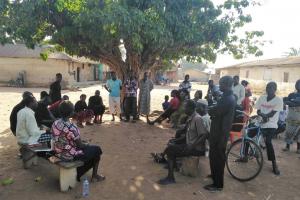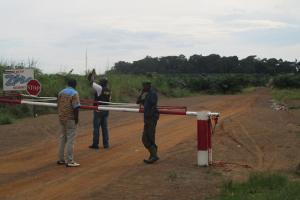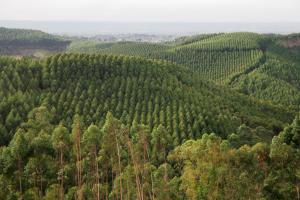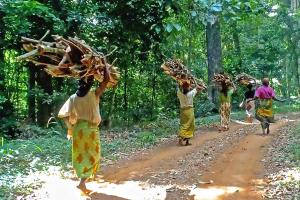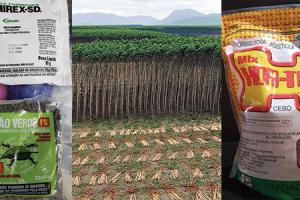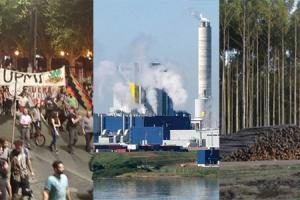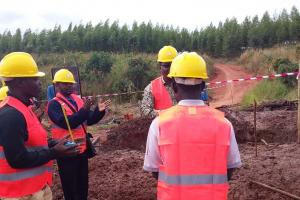Struggles Against Tree Monocultures
Corporate profit drives land grabs to install industrial tree monocultures. Where industrial plantations take root, communities' territories and lives are violently invaded, their forests destroyed and their water polluted. When communities resist, companies tend to respond with aggression. Despite this extreme violence, communities around the world are resisting, organizing and joining forces to defend their territories. Every September 21 the International Day of Struggle against Monoculture Tree Plantations is celebrated.
This publication aims to alert community groups and activists about the corporate push for a new round of large-scale tree plantation expansion.
The Norwegian company APSD is establishing industrial eucalyptus plantations in Ghana for biomass fuel, which is considered a "carbon neutral" fuel. The Youth Volunteers for the Environment in Ghana spoke with communities affected by these plantations.
What are the experiences of communities living inside or adjacent to the plantation areas of companies with “zero deforestation” pledges? How can these companies continue expanding without deforesting in densely forested countries?
After more than 50 years of struggle by peasant communities who have faced all kinds of environmental and social destruction, the highest court of Cauca Valley has ruled against the industrial plantation company, Smurfit Kappa Cartón Colombia.
Plantation companies often argue that local populations are destroying the forests, particularly where people depend on firewood and/or charcoal for their energy needs. Thus, they argue, industrial plantations can “sustainably” provide this wood. But this is simply not true.
One of the latent dangers that comes with the establishment of monoculture plantations—which is generally invisible—is the high use of agrochemicals. Agrochemicals support profits for plantation companies and their financiers, while poisoning life.
Adhere to this letter to denounce the greenwashing of the Finnish multinational UPM, which is trying to install a new pulp mill and expand the monoculture tree plantations in Uruguay.
While it was easy to see the smoke from the forest fires in Brazil, it was much harder to see what was behind the Brazilian government’s smokescreen: actions that will lead the rainforest to a swift death, destroying territories, livelihoods and the diverse cultures.
The company, Portucel, considers its thousands of hectares of plantations in Mozambique to be “sustainable,” despite serious problems and conflicts with and among local communities.

